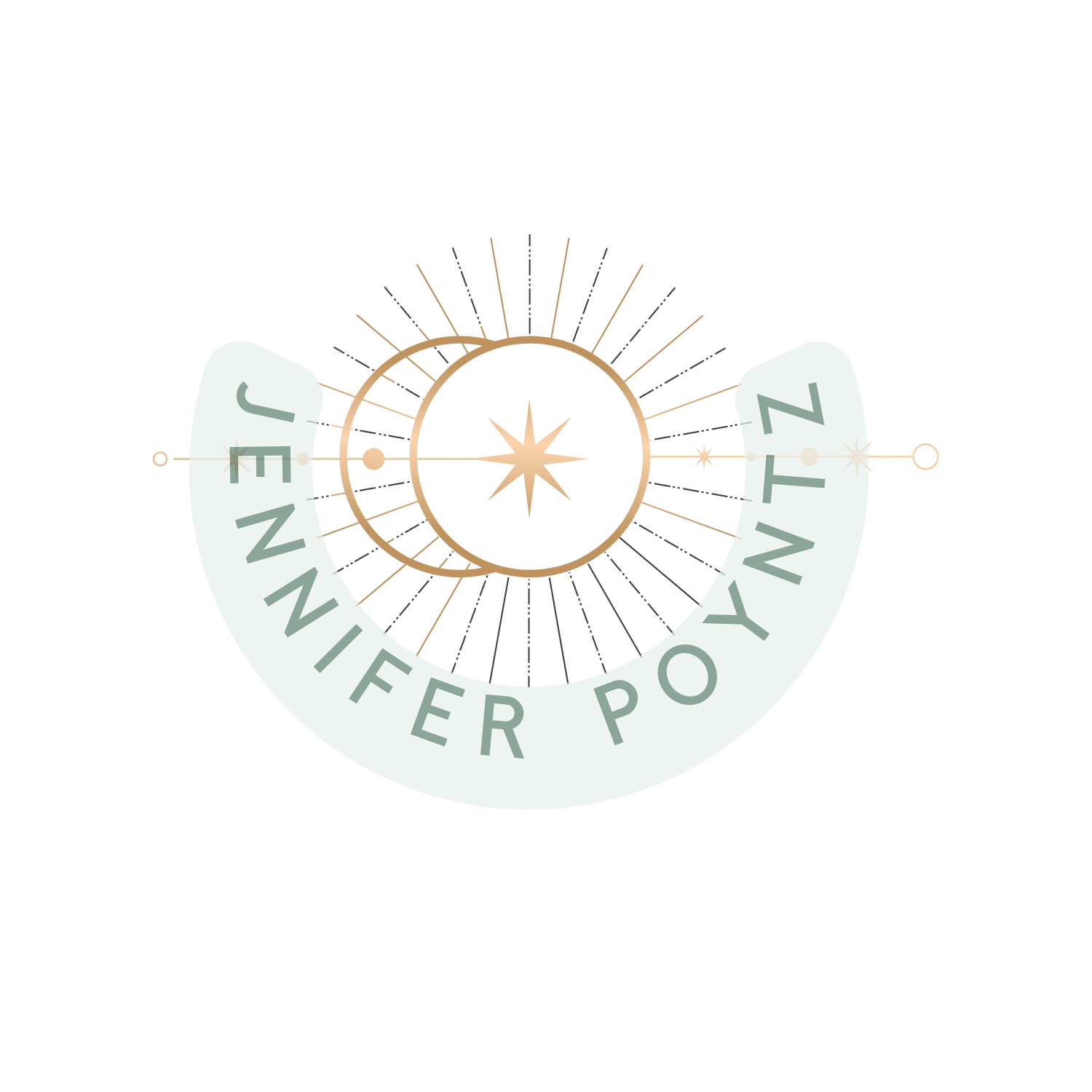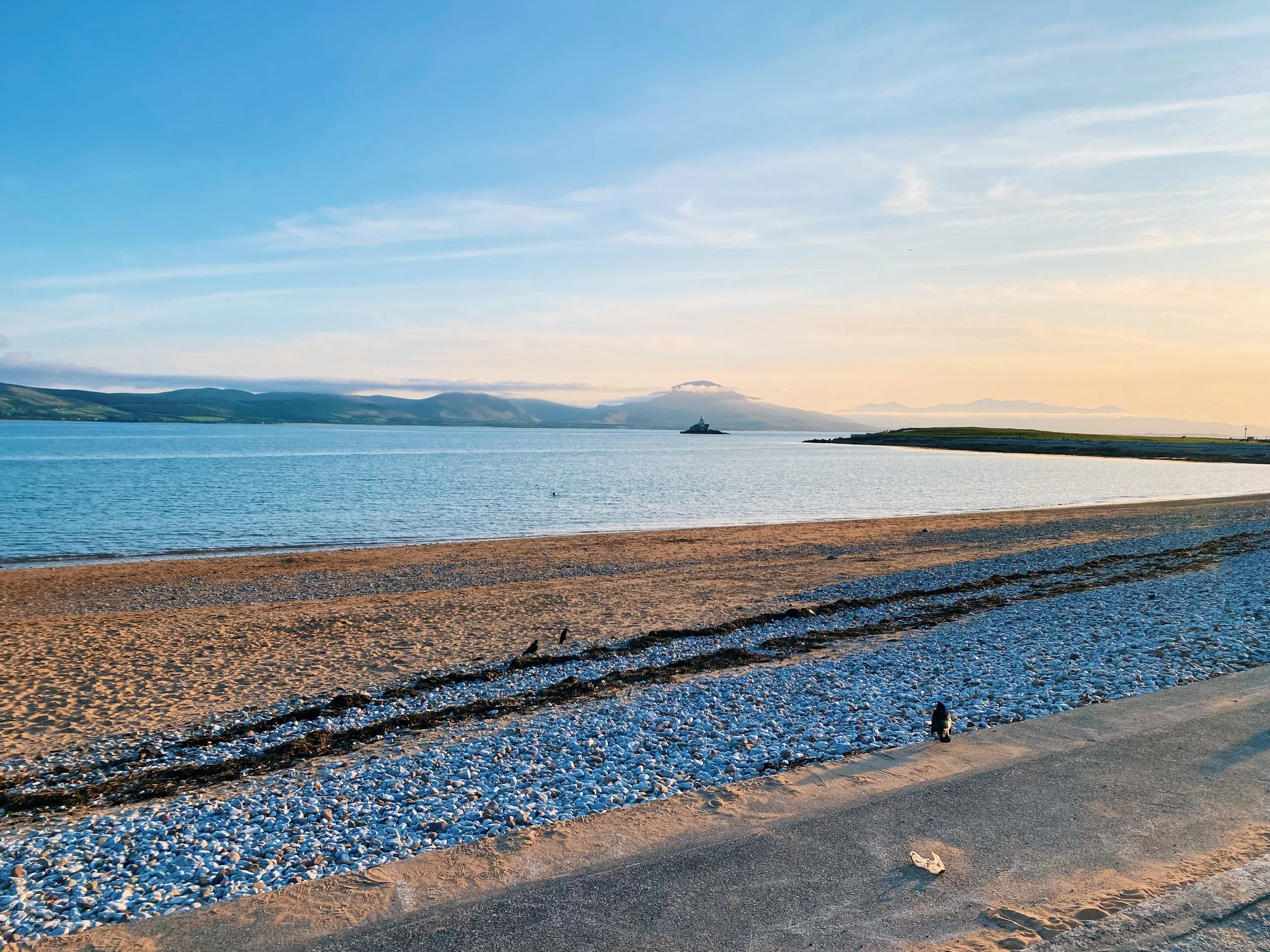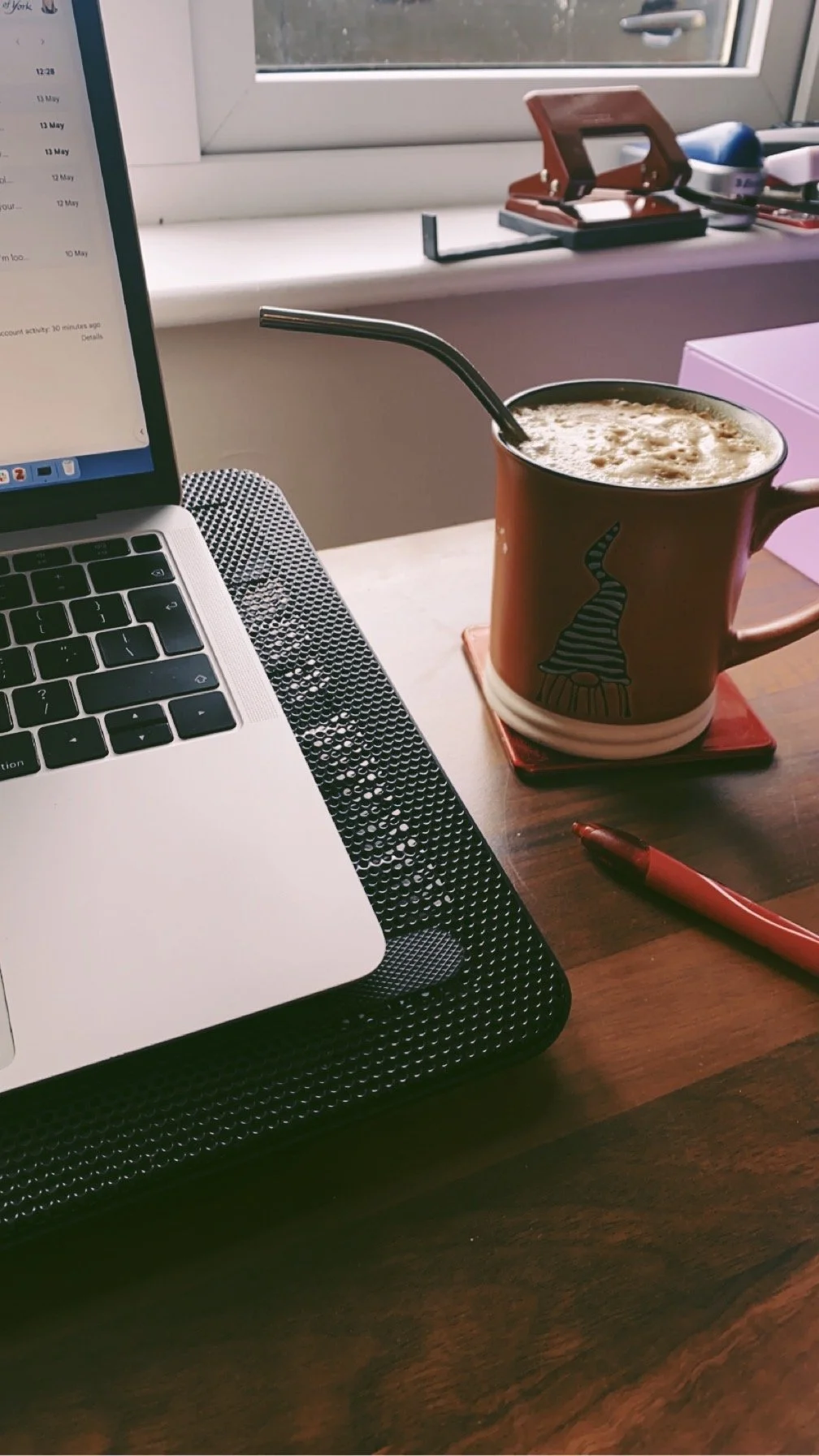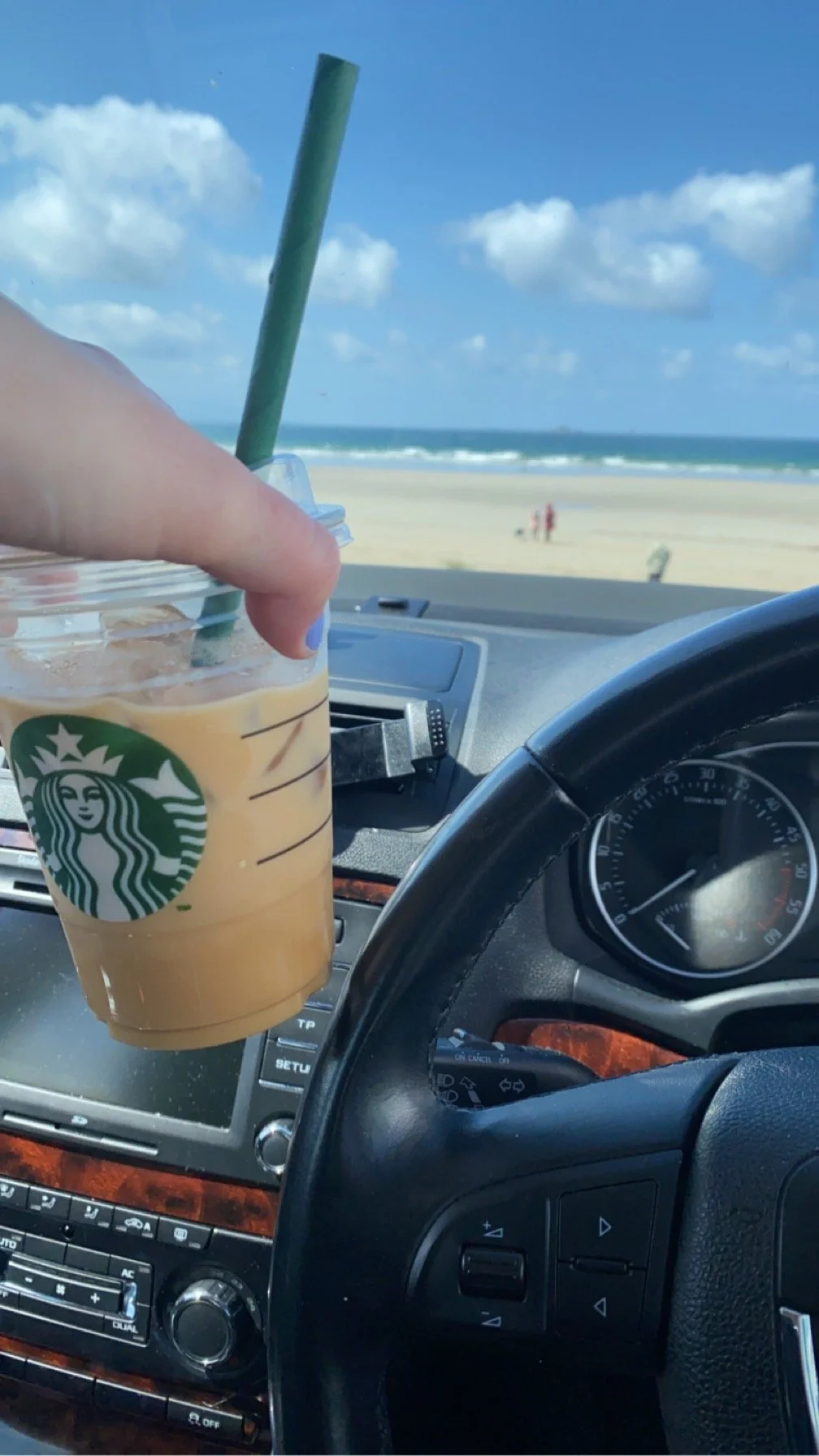Springtime Semester - Heavy Deadlines, Stress & Coming Out the Other Side
Spring Semester - Year One
The spring semester of the first year of my PhD dawned slowly, gently and almost lulled me into a false sense of relaxation. In truth, it was not because the workload for my PhD ultimately changed; instead, it was only about halfway through his semester that I began working full-time in conjunction with studying full-time. It’s no secret that most graduate students must work to support themselves during their studies. In Ireland, if you are fortunate enough to get a stipend, it is meagre and inspires stress each and every time rent is due. My aim, above all else this semester, my reducing my stress. It sounds a little daft when I write here that I decided to combine full-time work with full-time PhD research to avoid stress. This was my aim because of my recent chronic illness diagnosis, Addison’s Disease. Addison’s Disease is a disease that originates due to the body’s inability to produce cortisol - a stress hormone. So, managing my stress is essential not just to my well-being but also to my survival.
But perhaps this is where the wisdom of age comes in. If I had begun my PhD as I wanted to, straight after my undergraduate degree at the ripe age of twenty-two, I would not have had the understanding of my personal stress triggers. Yet this knowledge has been vital to my well-being, and nothing causes me quite as much anxiety as financial insecurity.
I am also fortunate that my job involves working directly with the adult autistic community, the cohort my PhD research aims to examine. I love my job and PhD, so I am very lucky. The real aim for this semester was going to maintain a structure in my daily calendar to ensure that I can do it all and still get enough sleep. So here were my priorities:
Minimise my stress.
Establish and maintain a routine.
Work towards my TAP meeting in March.
This final goal was perhaps the most intimidating to me. I know myself and trust myself - I know I have a huge capacity to be organised. The TAP, however, was new to me. A TAP is a Thesis Advisory Panel. Essentially, TAP meetings happen twice or three times a year and are an opportunity for a PhD candidate to meet with their supervisors and a third-party, objective academic to discuss their progress. Well, it’s not just a discussion. You’re also expected to turn in a huge body of work and account for how you have spent your time in the academic years and how you plan to reach your goals. The formality of the TAP intimidated me. I love my supervisors and think they have made my PhD programme so doable so far. They assured me that the TAP was nothing to worry about, but at the end of the day, I am autistic with terrible perfectionistic tendencies, so the panic was inevitable. Especially when I did not take time off of my full-time job to prep for this meeting; that is a notable lesson of this semester - why do I feel as though I have to do it all? To make life as difficult, as challenging as possible?
For the TAP meeting, I submitted twenty thousand words. This was a combination of creative and critical work, as is a tradition within my PhD programme, which is in both English Literature and Creative Writing. I found the creative aspect of my work the most fluid and the most easily accessible. This was not exactly surprising. I’ve always been able to produce large quantities of creative work in one sitting, and I also enjoy the revision process. I found the critical aspect of writing much more intimidating. In reality, it doesn’t matter how many times I have written academically in the past or my previous two graduate degrees; I always feel unsure when approaching new structures in academic writing. I think it is a classic case. of imposter syndrome, as if this will be the moment when I am discovered for what I am - a fraud. So, I presented 7,000 words of my introduction chapter, which I have since entirely reworked. Overall, the TAP meeting served to really be a positive space for me to flesh out my ideas and ultimately narrow down my research question.
So, overall, this semester has been challenging. It has coincided with a very difficult time in my personal life but has served as an anchor in my life. When I have my PhD work, I have an aspect of peace that I can carve out, and I am just hoping that continues.
With love,
Jens x




